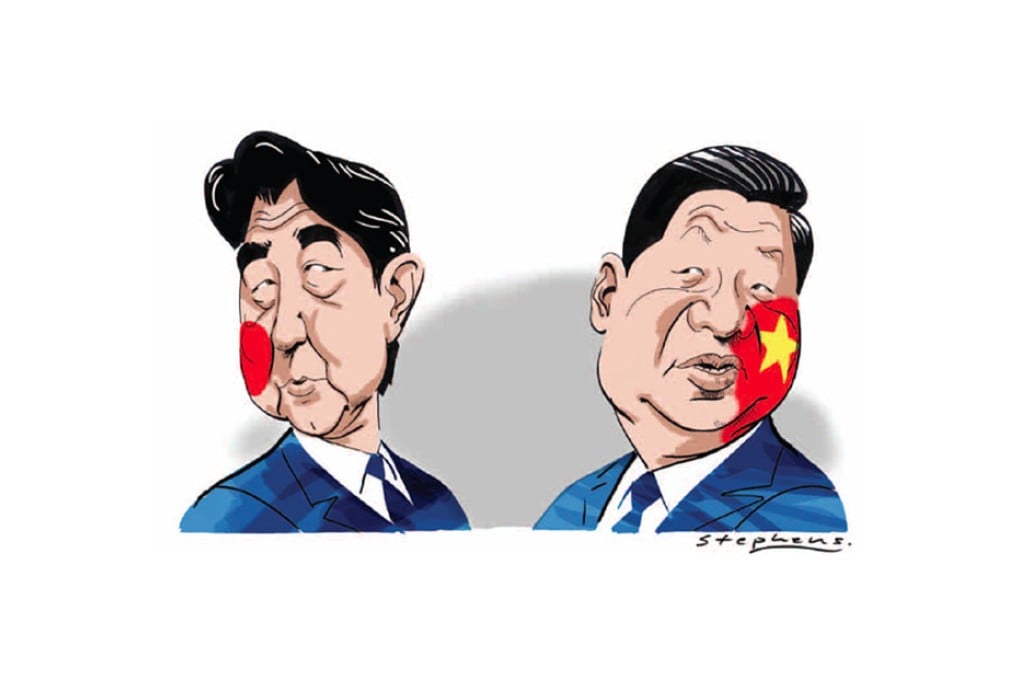Taiwan-style accommodation can work in Diaoyus dispute
Deng Yuwen and Niv Horesh call on China and Japan to defuse tension over their islands row at all costs, including by considering a deal based on Beijing's moderate approach to Taiwan

China's establishment of an air defence identification zone around the East China Sea makes for a serious escalation in tension with Japan. Already, there are reports that not only Japan but also the US, Taiwan and South Korea have all flown warplanes into the zone without informing China, to defy its intent. China, for its part, maintains that it has scrambled warplanes of its own to probe so-called intrusions.
Civil aviation in the area is also fraught. US airlines have reportedly been advised by their government to comply with the new Chinese demands for identification, on safety grounds, while Japanese airlines have been advised by officials not to comply on national-interest grounds. Pilot misunderstanding is, in these circumstances, simply a question of time.
This stand-off is a threat to the core national interests of both economic powerhouses
Previously, it was Japan that raised the stakes by nationalising the Diaoyu Islands (known in Japan as the Senkakus). Tit-for-tat measures have since followed, with Japan declaring along the way that it would intercept Chinese unmanned aircraft penetrating the airspace above the islets.
For over a year now, there have been no face-to-face meetings between China's and Japan's leaders, while on a popular level enmity between the two nations has increased.
As a result, bilateral trade and investment have plummeted, to the detriment of both sides. Ironically, this stand-off over the islets is posing a threat to the core national interests of both economic powerhouses. It is putting at jeopardy peace and prosperity across East Asia, and is unnerving the rest of the world, not least because recovery from the 2008 global economic crisis hinges on this region.
In that sense, Japan's nationalisation of the islets was a misguided fracture of the status quo that made China enhance its naval presence there in retaliation. It is doubtful whether Tokyo anticipated such a strong reaction when it made the decision, and it may well be that it has too easily surrendered at the time to populist pressures at home.
Either way, Beijing reaped the benefit of this hasty decision by seizing the opportunity and laying claim to the islets much more forcefully than was the case in the past. It is no surprise, therefore, that Japanese Prime Minister Shinzo Abe, while defiant in the media, is actually seeking to somehow back-pedal to the status quo.
